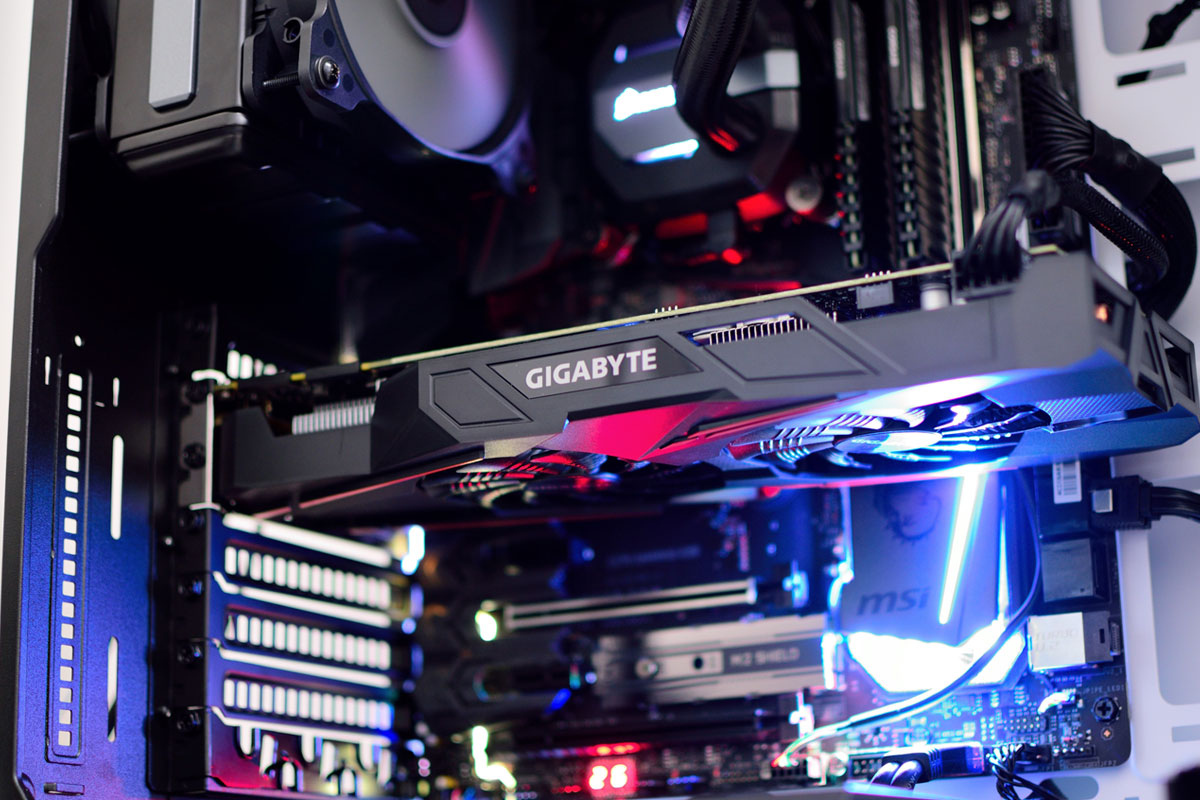The world is constantly changing, and with it, the geopolitical security of nations is constantly shifting. As the world becomes more interconnected, the challenges of maintaining geopolitical security become more complex. In order to ensure the safety and security of nations, it is important to understand the challenges of maintaining geopolitical security in a changing world.
One of the biggest challenges of maintaining geopolitical security is the rise of non-state actors. Non-state actors, such as terrorist organizations, are increasingly becoming a threat to global security. These organizations are often well-funded and have access to sophisticated technology, making them difficult to combat. In addition, they often operate in multiple countries, making it difficult to track their activities and disrupt their operations.
Another challenge of maintaining geopolitical security is the emergence of new technologies. Technologies such as artificial intelligence, robotics, and biotechnology are rapidly changing the way nations interact with each other. These technologies can be used for both good and bad, and it is important for nations to be aware of the potential risks and benefits of these technologies.
Finally, the changing nature of global politics is also a challenge for maintaining geopolitical security. As nations become more interconnected, the lines between traditional allies and adversaries become blurred. This can lead to increased tensions between nations, as well as the potential for conflict. It is important for nations to be aware of the changing geopolitical landscape and to be prepared to respond to any potential threats.
Maintaining geopolitical security in a changing world is a complex challenge. Nations must be aware of the potential risks posed by non-state actors, new technologies, and changing global politics. By understanding these challenges, nations can better prepare themselves to respond to any potential threats and ensure the safety and security of their citizens.



















